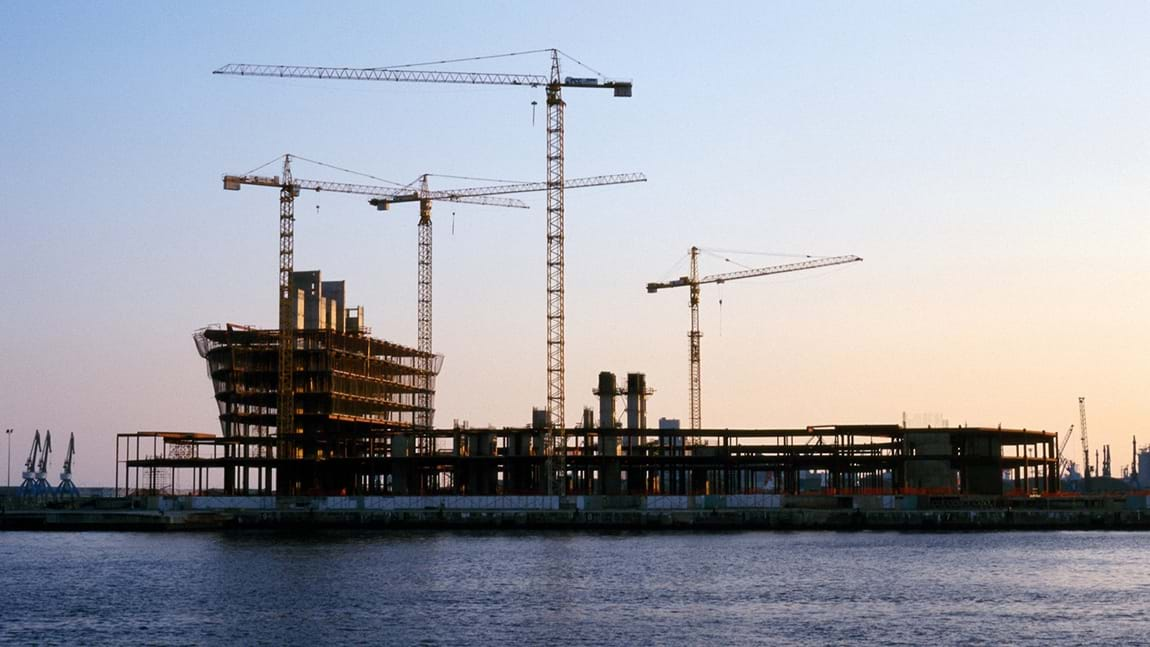Buildings could be responsible for 50% of global greenhouse gases in 2050
Buildings are currently responsible for 28% of the world’s greenhouse gas emissions. Without intervention, this number will increase to 50% in 2050. Renovation of existing buildings is crucial to changing the course of this development, say ROCKWOOL and the Confederation of Danish Industry.
In Europe alone, three quarters of existing buildings are “energy inefficient” shows a new white paper published by State of Green.
“The white paper describes the many advantages of and perspectives on energy renovation. It also describes the many initiatives taken by building owners, the construction industry and society that have contributed to making Denmark an international leader in the field,” says Director Troels Ranis, the Danish Energy Industries Federation.
See also: Video: Strong opportunities in Danish/Polish energy partnership
Renovation on the agenda
The need for renovation of the world’s building stock is also highlighted in a recent report published by ROCKWOOL. According to the report, buildings account for 28% of the world’s greenhouse gas emissions. And if nothing is done, that number will increase to 50% by 2050.
Modernisation and renovation of older buildings is the single most cost-effective means of reducing the impact of cities on the climate. Susanne Dyrbøl, ROCKWOOL Group, Director of Public Affairs.
“Modernisation and renovation of older buildings is the single most cost-effective means of reducing the impact of cities on the climate. It is expected that half of the existing buildings in the world today will still be in use in 2050, and up to 90% in OECD countries. It is therefore crucial that they are energy renovated, with solutions capable of reducing energy needs to levels comparable to what we can achieve in new buildings,” says Susanne Dyrbøl, ROCKWOOL Group, Director of Public Affairs.
She notes that the EU Commission estimates that proper insulation can reduce heating needs in the EU by up to 70%.
“This isn’t a number that’s plucked out of the air. For instance, in Somerstown in the UK, an apartment complex where residents were previously unable to properly heat their apartments was renovated. This has led to savings of up to 90% on energy bills, and the investment is expected to have a positive net present value after nineteen years,” says Susanne Dyrbøl.
See also: Exceeding targets: Danish companies will recycle 200,000 extra tonnes of plastic


